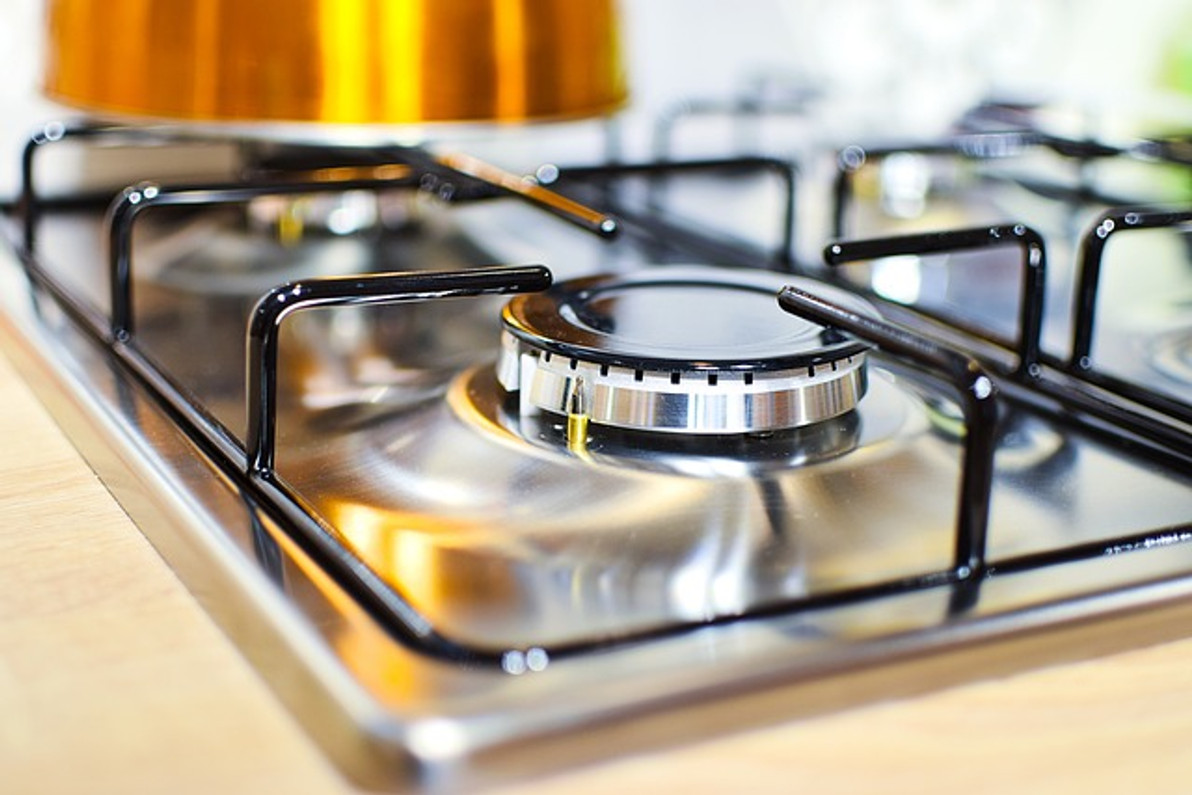The Importance of Ventilation for Gas Appliances
Is your home or business equipped with a gas appliance? Whether it's a stove, water heater or furnace, you'll need to ensure it's properly ventilated. Gas appliances over several advantages over electric appliances; they cost less to purchase, are more energy efficient and they are oftentimes more powerful. But unlike electric appliances, all gas appliances require proper ventilation.
Combustion Gases
Gas appliances must be ventilated to prevent combustion gases from building up indoors. They are powered by natural gas. When using a gas appliance, it will burn natural gas -- a process known as combustion. The gas appliance will then produce combustion gases as a byproduct.
Common types of combustion gases produced by gas appliances include:
- Carbon dioxide
- Carbon monoxide
- Nitrogen dioxide
Improves Indoor Air Pollution
Combustion gases are a common source of indoor air pollution. According to the U.S. Environmental Protection Agency (EPA), the air inside most homes and buildings is up to five times more polluted than the outdoor air. Gas appliances that aren't ventilated -- as well as those that are poorly ventilated -- will contribute to higher levels of indoor air pollution.
Ventilation is the process of removing the combustion gases produced by a gas appliance to the outdoors. Gas appliances typically have a ventilation pipe or flue. As they burn natural gas, they'll expel the combustion gases through the ventilation pipe or flue. The combustion gases will then exit the home or building.
Protects Against Carbon Monoxide Poisoning
Ensuring all gas appliances in your home or business are properly ventilated will minimize the risk of carbon monoxide poisoning. Carbon monoxide is a toxic gas. As previously mentioned, it's one of several types of combustion gases produced by gas appliances.
Gas appliances will produce carbon monoxide when burning natural gas. With proper ventilation, they should expel this toxic gas to the outdoors. But ventilation problems may prevent this from happening. If a gas furnace has a blocked ventilation pipe or flue, combustion gases like carbon monoxide may build up indoors. And anyone who's exposed to this toxic gas may succumb to carbon monoxide poisoning.
In Conclusion
If you have any gas appliances in your home or business, you'll need to ensure they are ventilated. Ventilation is the process of routing an appliance's combustion gases to the outdoors. It's necessary to prevent the buildup of combustion gases, including carbon monoxide, inside of your home or business.
Recent Posts
-
Fire Safety in the Workplace: What You Need to Know
What steps are you taking to prevent fires in your workplace? According to the U.S. Occupational Saf …Aug 23rd 2023 -
Is It Safe to Go Jogging With a Cold Infection?
If you're suffering from a cold infection, you might be wondering whether it's safe to go jogging. T …Aug 22nd 2023 -
5 Safety Tips to Follow When Using a Powder-Actuated Tool
Powder-actuated tools are commonly used to join materials to steel and concrete. Also known as Hilti …Aug 20th 2023




